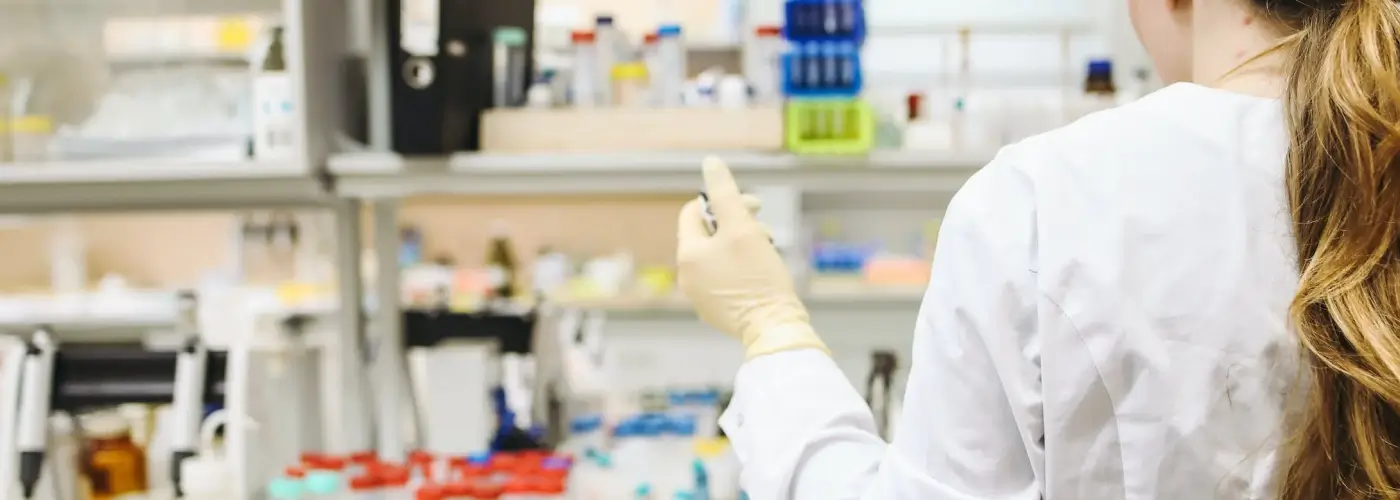Food Scientist

Key Facts
Overview
Food scientists and technologists apply pure scientific principles to the study of the nature, properties and composition of foodstuffs, and the changes that they undergo during processing and storage.
Food scientists use this information to look at ways to keep food fresh, safe to eat and reduce contamination; they also provide nutritional information for food labelling and test the safety and quality of food products.
Food technologists work on the development of food products; they devise new recipes and improve existing ones. With the move to encouraging healthy eating, food scientists and technologists research how to deliver healthier options of established products, such as low salt and/or sugar versions. Food scientists and technologists are creative, analytical, thorough and meticulous. They have excellent problem-solving skills.
What it takes
What it takes:
- knowledge of chemistry, biology and maths
- knowledge of manufacturing production and processes
- knowledge of food production methods
- to be thorough and pay attention to detail
- analytical thinking skills
- excellent verbal communication skills
- to be able to use a computer and the main software packages competently
- problem-solving skills
Day to day
Day to day:
As a food scientist, you may
- provide accurate nutritional information for food labelling
- investigate ways to keep food fresh, safe and attractive
- improve efficiency in food production
- test the safety and quality of food
As a food technologist, you could
- blend new ingredients to invent and modify recipes
- conduct experiments and produce sample products
- design production processes and machinery
- investigate and resolve problems, like customer complaints or quality issues
You could work at a research facility or in a laboratory.
You may need to wear protective clothing.

Requirements
There are no specific requirements for Food Scientist, but it is best to discuss this with your teacher or careers adviser.
Academic and Vocational Notes
Although it is possible to start as a technician and work your way up, most food scientists enter as graduates. When researching degree courses, always check specific entry requirements with individual providers.
There are degree courses in food science and technology, but it is also possible to enter employment with a degree in a broader science subject and there are specialist postgraduate programmes.
Relevant apprenticeships may be available at different levels - vacancies are advertised locally, with training providers and on the Government's apprenticeships website.

Work Based Training Notes
In-house training is provided is by employers. Some run formal graduate training programmes as well as apprenticeships.
Those who are suitably qualified may be encouraged to gain professional recognition (e.g. as a Registered or Chartered Scientist) with an appropriate professional body.
Some food scientists specialise in particular areas of work through postgraduate study.
Food scientists need to keep their skills and knowledge up to date through continuing professional development.
Other Routes
Whilst these are the usual routes to this career, there can be alternatives. You will be able to discuss these with your adviser.




